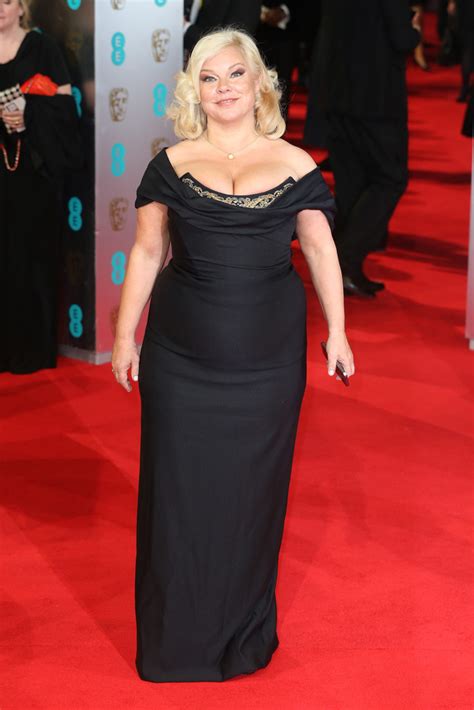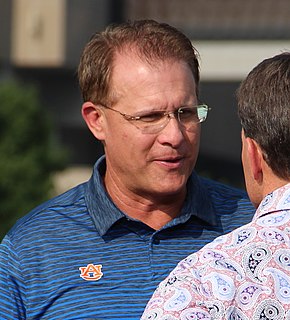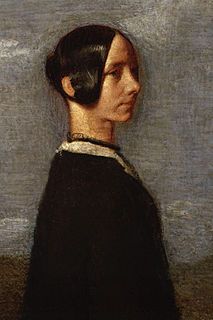A Quote by Shepard Fairey
As a street artist, I'm used to sharing my stuff with the public. It's a communal experience. I've learned not to be so precious, but rather to enjoy the process.
Quote Topics
Related Quotes
The artist has some internal experience that produces a poem, a painting, a piece of music. Spectators submit themselves to the work, which generates an inner experience for them. But historically it's a very new, not to mention vulgar, idea that the spectator's experience should be identical to, or even have anything to do with, the artist's. That idea comes from an over-industrialized society which has learned to distrust magic.
If beings knew, as I know, the results of sharing gifts, they would not enjoy their gifts without sharing them with others, nor would the taint of stinginess obsess the heart and stay there. even if it were their last and final bit of food, they would not enjoy its use without sharing it, if there were anyone to receive it
Now the expectation is that, once the public decides that the artist is gentrified, the public demands that the artist stop growing. And [the public] actually puts all their energy into reasserting or re-establishing what the artist has long ago left behind. Because that's what they want. The source of creativity, the gift that's been given, be damned.
... what the artist or creative scientist feels is not anxiety or fear; it is joy. I use the word in contrast to happiness or pleasure. The artist, at the moment of creating, does not experience gratification or satisfaction... Rather, it is joy, joy defined as the emotion that goes with heightened consciousness, the mood that accompanies the experience of actualizing one's own potentialities.
I was the first artist, I think, to ever do an all-keyboard album. There were things that resembled it, like Stevie Wonder. A lot of his stuff was on keyboards, but he used brass and he used other things as well. I was the first artist, also, to use drum machines. I was really the one who kind of started that whole thing.







































